- Antipasti
- Bella Italia
- Dessert
- Drinks
- Favorite Italian recipes
- Main courses
- Pasta
- Pizza
- Side dishes and salad
- Tips & Knowledge
Colomba – an Italian Easter cake
Colomba Pasquale – Traditional Easter cake Colomba is the springtime counterpart to the wintery panettone. While panettone is eaten under the Christmas tree, colomba delights the palates of Italians at Easter. Colomba and panettone – the difference in recipes Like panettone, colomba is made from a rich yeast dough with flour, eggs and butter. While […]
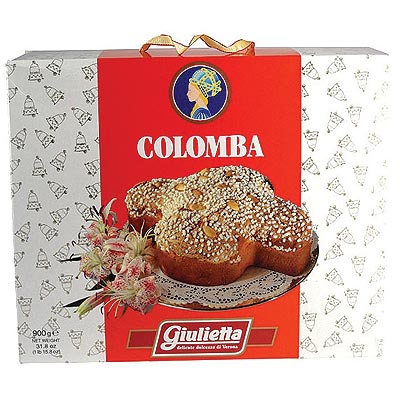
Colomba Pasquale – Traditional Easter cake
Colomba is the springtime counterpart to the wintery panettone. While panettone is eaten under the Christmas tree, colomba delights the palates of Italians at Easter.
Colomba and panettone – the difference in recipes
Like panettone, colomba is made from a rich yeast dough with flour, eggs and butter. While panettone typically contains raisins, you won’t find them in the recipe for the Easter cake. Here, only candied orange peel is traditionally added before baking. The crowning glory is the crispy baked crust made from sugar and almonds.
The symbolic power of the dove
While panettone looks like a huge, round hatbox, the shape of the Easter cake is based on a large flying dove with spread wings. The symbol of Christ’s sacrifice and therefore of Easter!
“Colomba means pigeon in Italian”
In Germany, too, we know Easter cakes with symbolic animals such as rabbits and lambs. The lamb shape refers to Jesus as the good shepherd and the newborn lambs in spring. The rabbit shape stands for the Easter bunny, which is closely associated with the spring festival as a symbol of fertility.
The Colomba at Easter in Italy
Before Good Friday, you can find the colorful cakes packed in pretty big boxes in bakeries all over Italy.
The Easter dove made from yeast dough is eaten for breakfast, as a dessert or in the afternoon with a coffee.
It is a custom to elaborately decorate home-baked colomba and give them as gifts to relatives, friends and acquaintances.
Colomba – history and myth
According to legend, the tradition of the Italian Easter cake goes back to the Lombard period. During the siege of Pavia, King Alboino was presented with a dove-shaped pan as a sign of peace.
Another legend interprets the dove as a promise of divine assistance: In 1176 – during the Battle of Legnano – two doves are said to have appeared to the Milanese soldiers fighting against Emperor Barbarossa as a sign of victory…
In reality, however, the tradition does not go back that far: Dino Villani from Milan developed this Easter cake around 1930 for a company that was already known for its Christmas cake Panettone. The dove as a symbol of reconciliation and Christianity was an obvious choice.

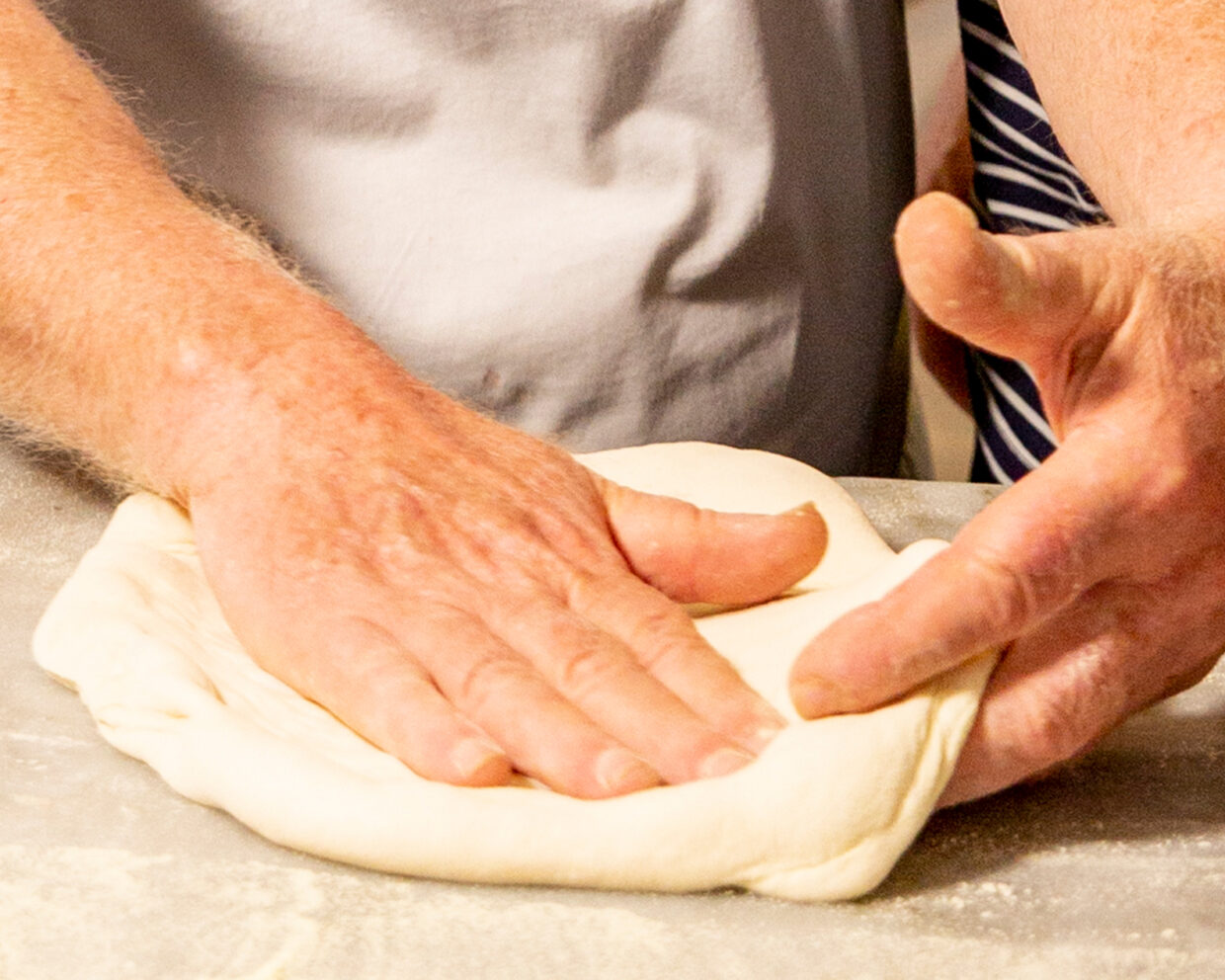
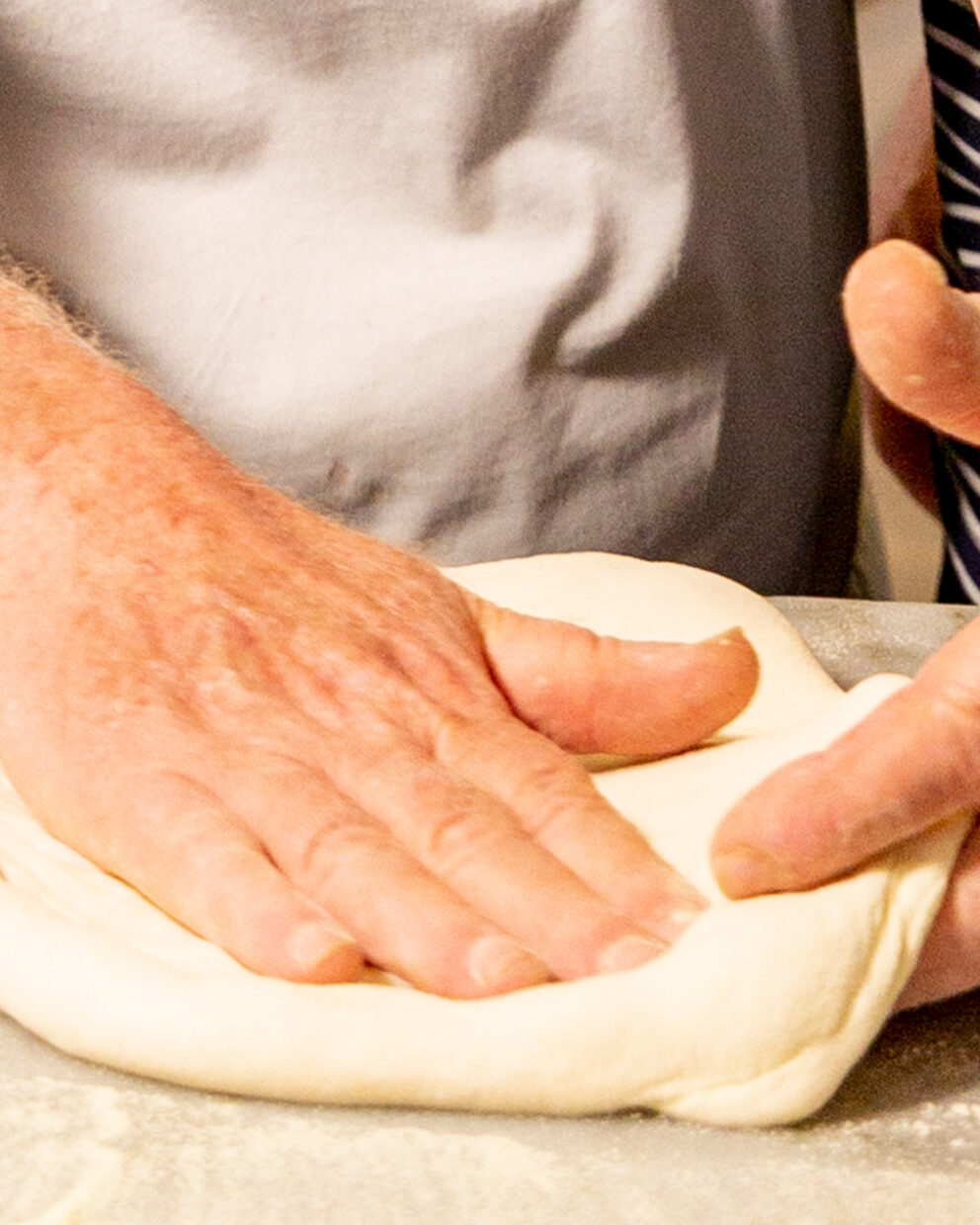
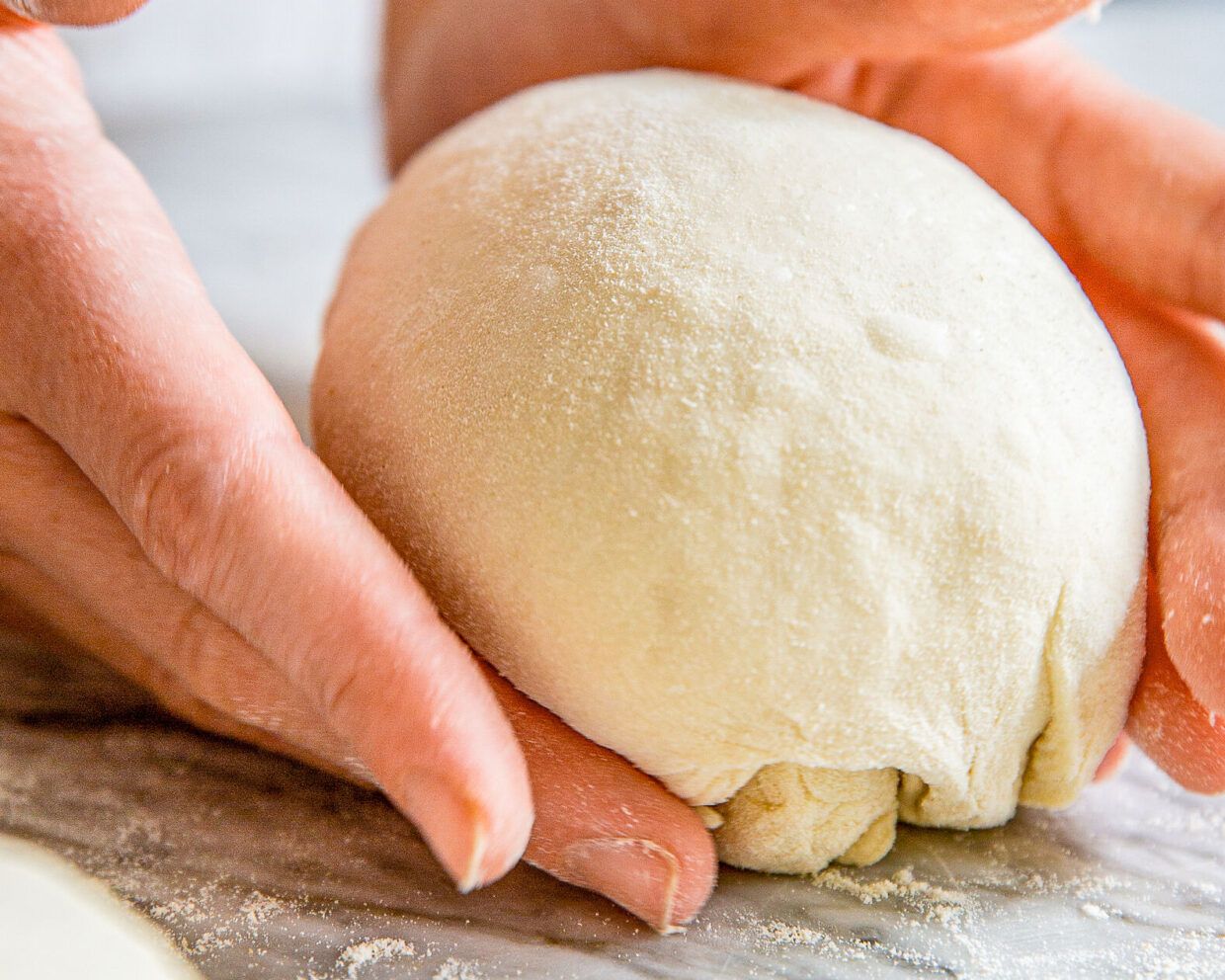
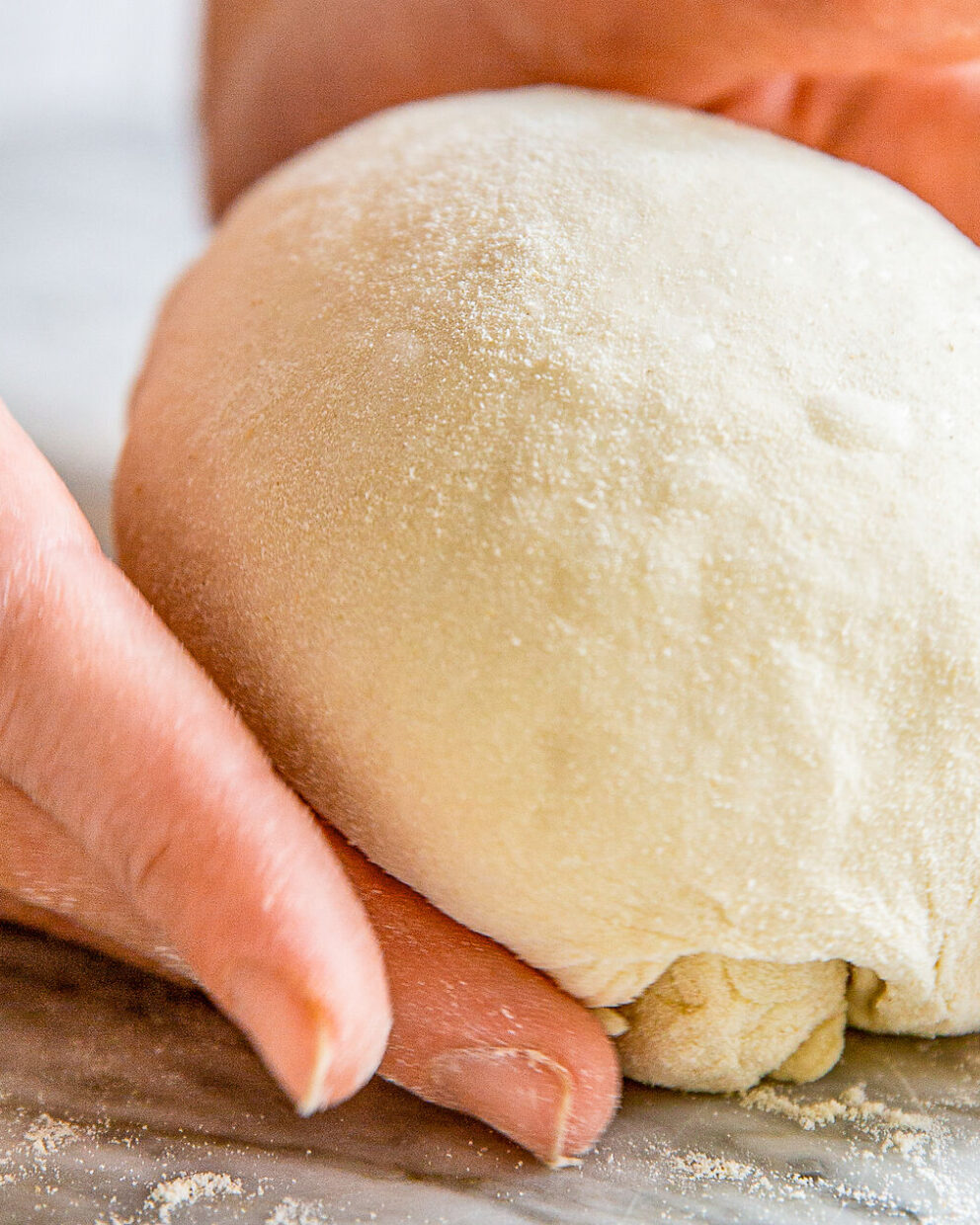
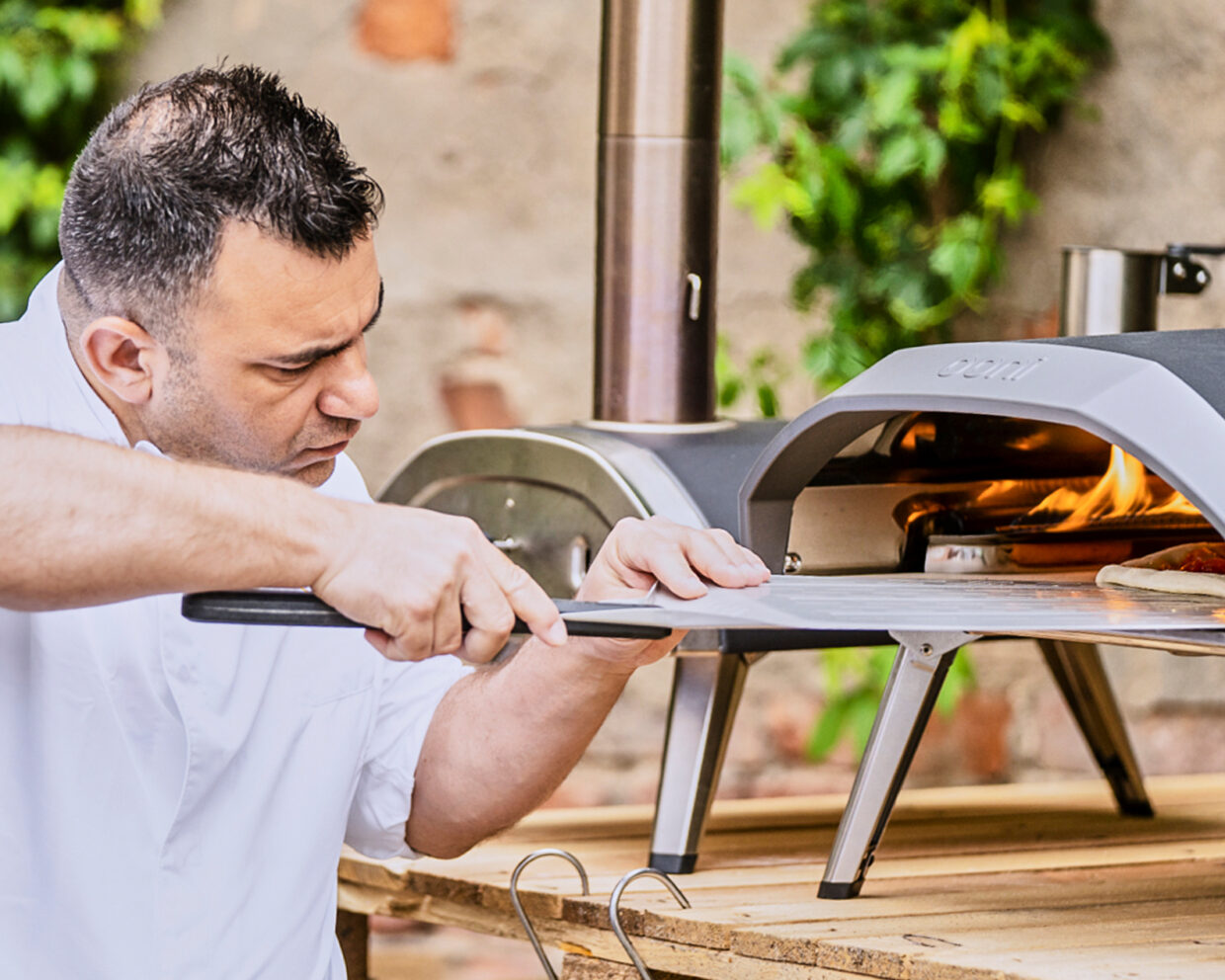
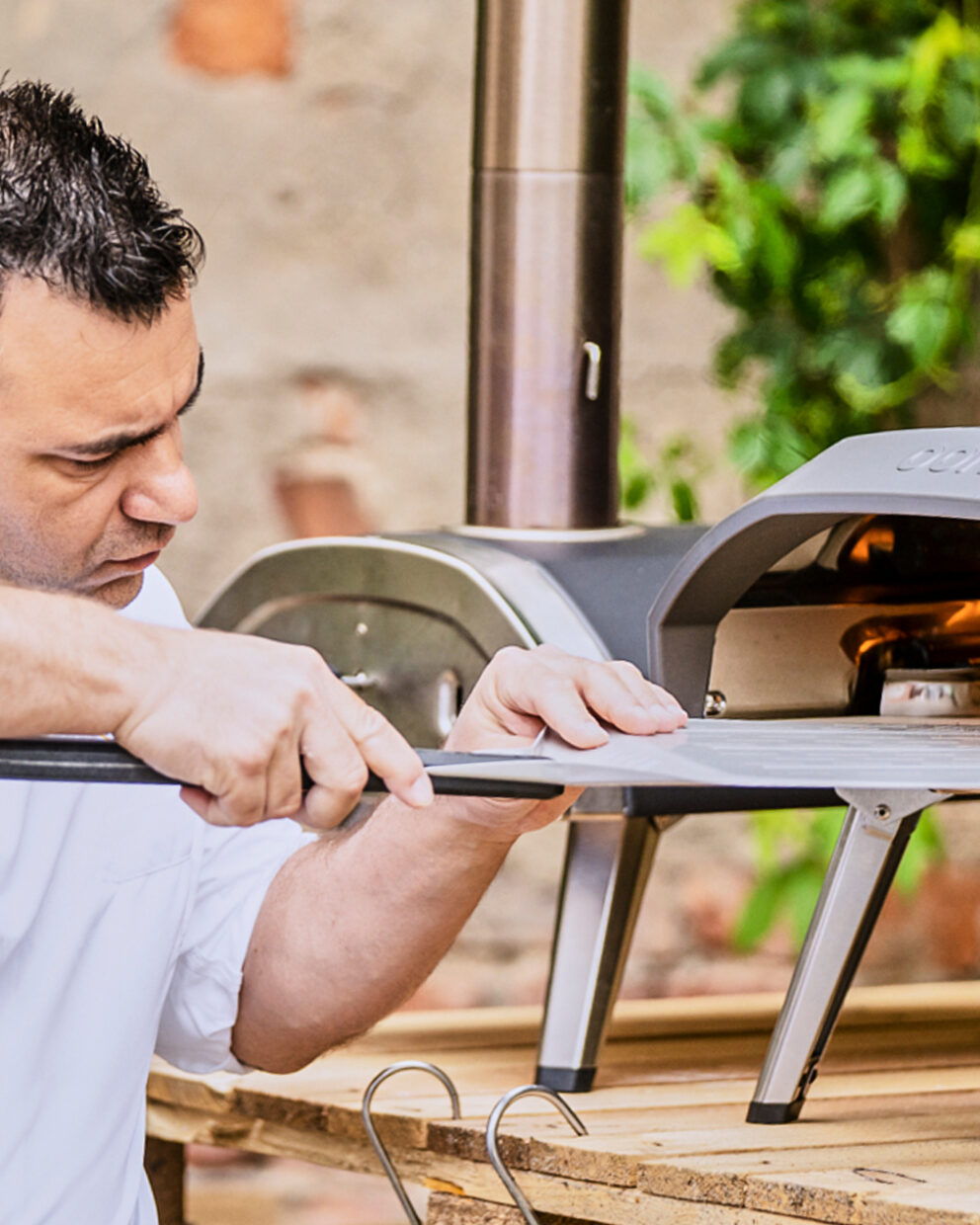
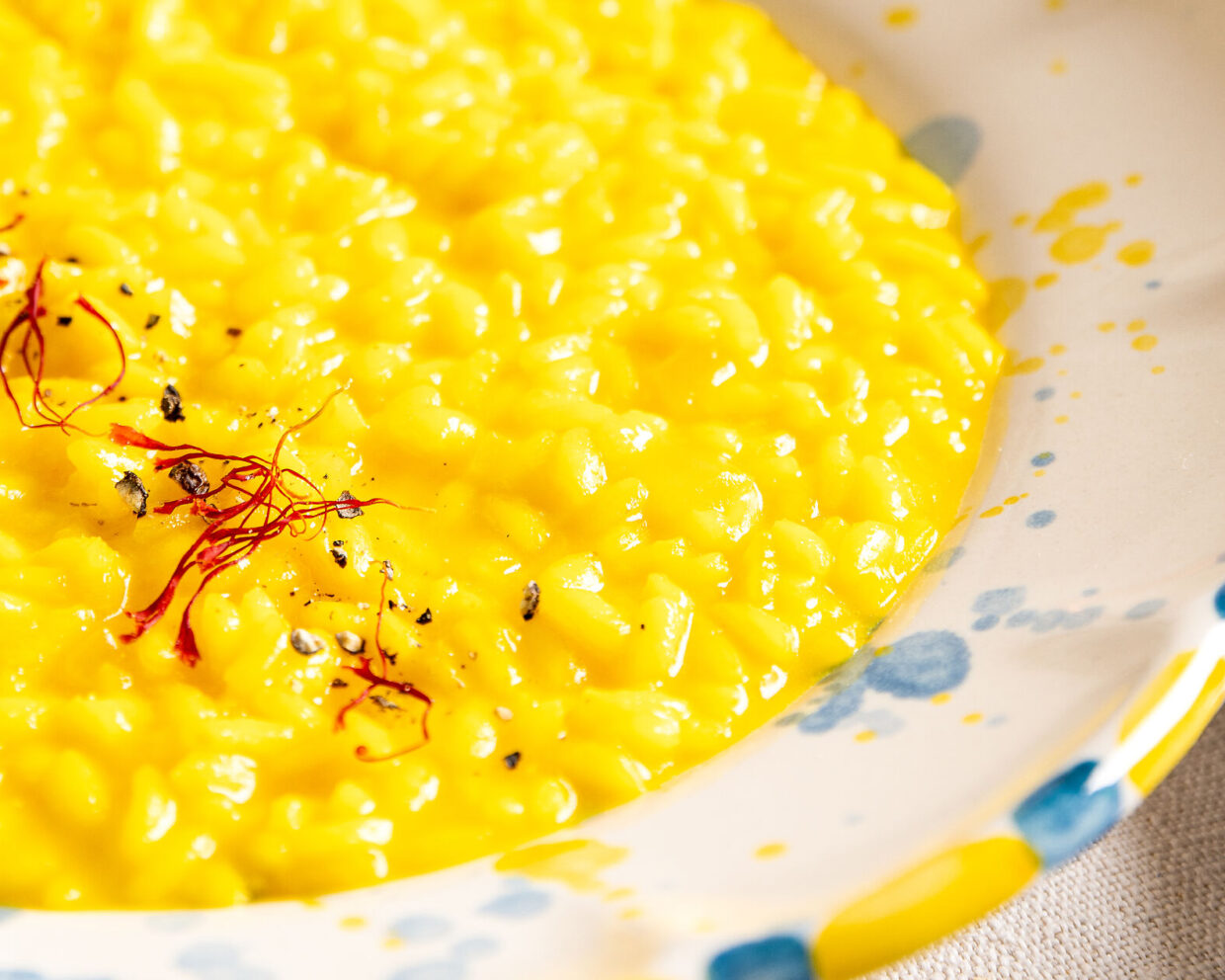
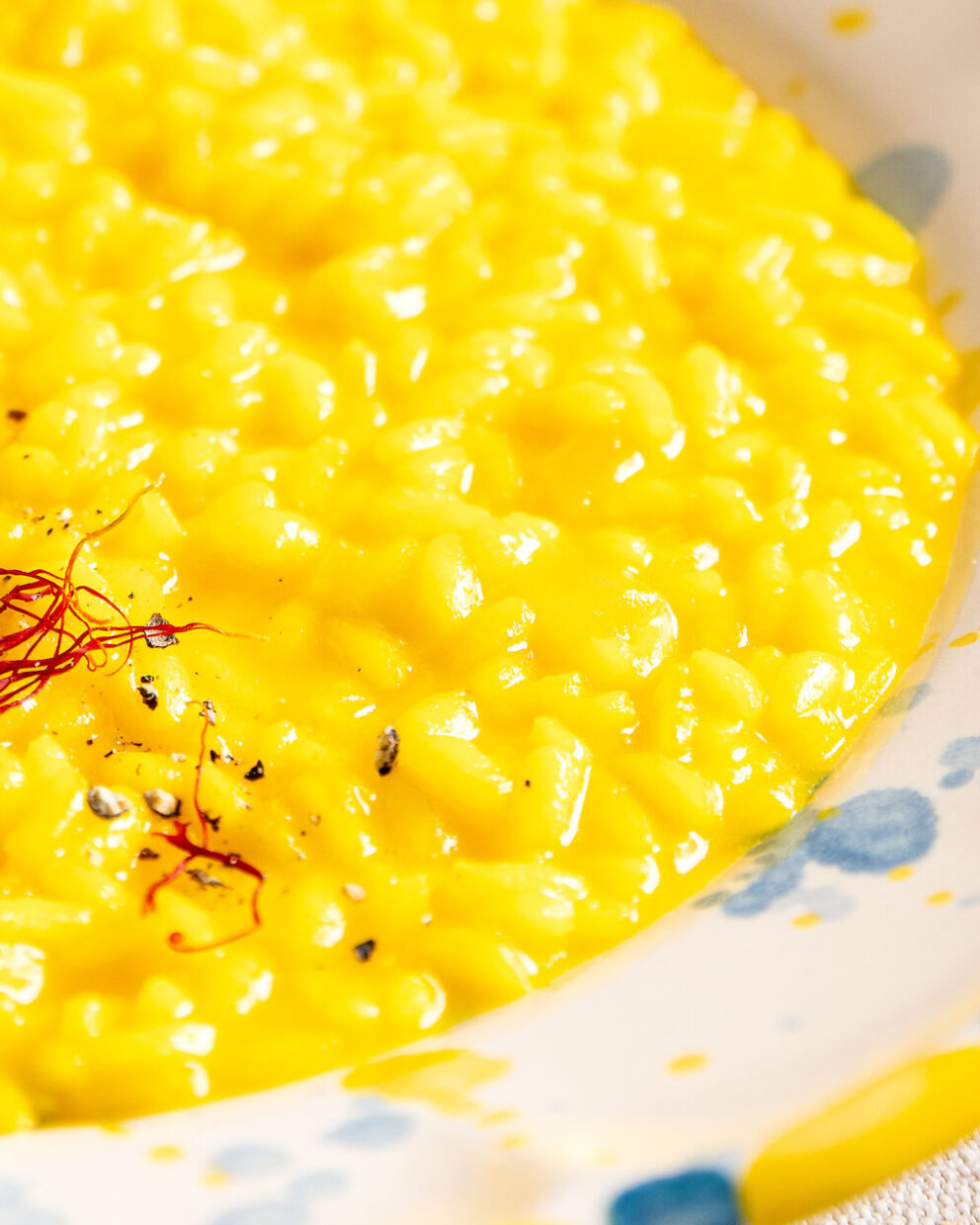
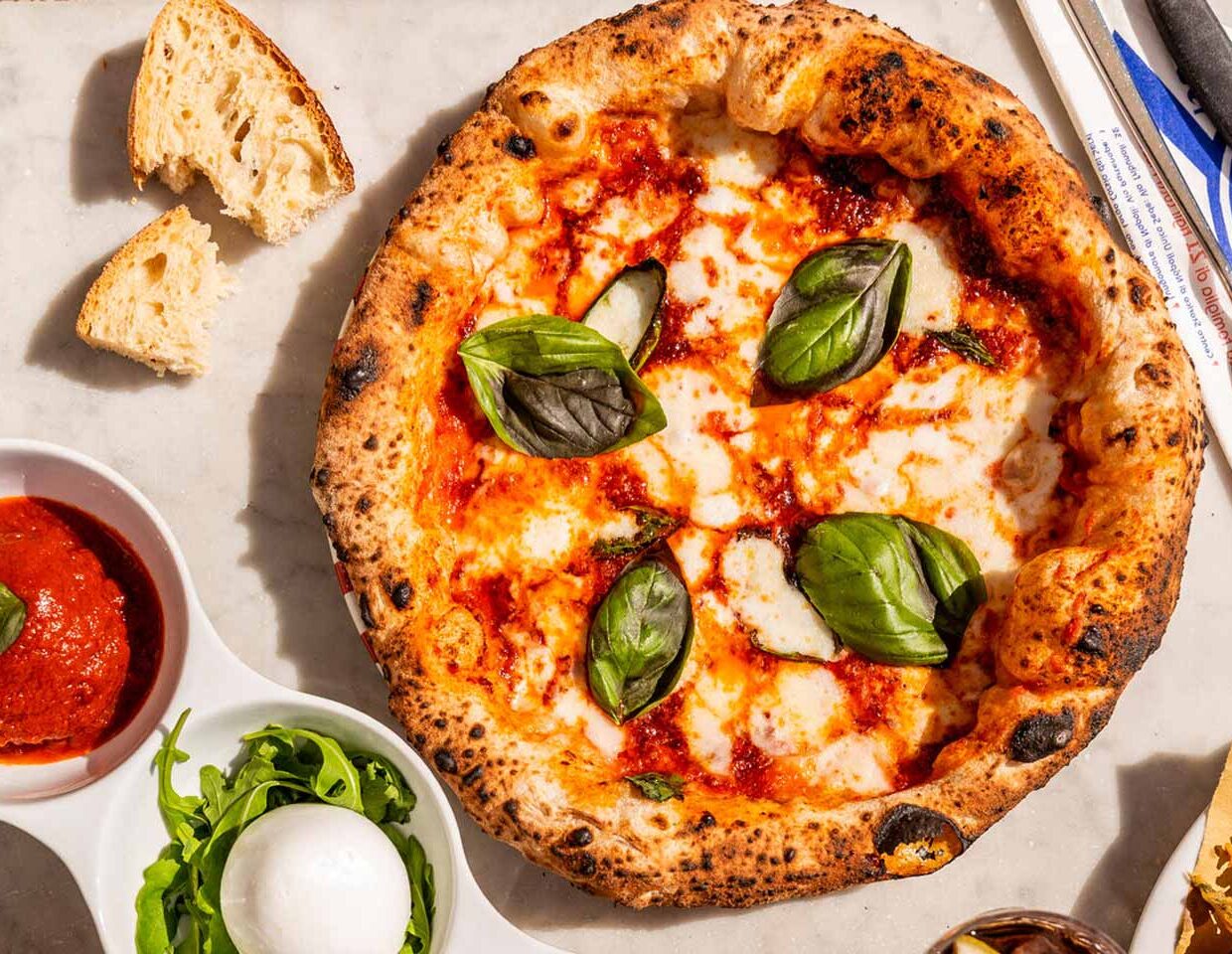
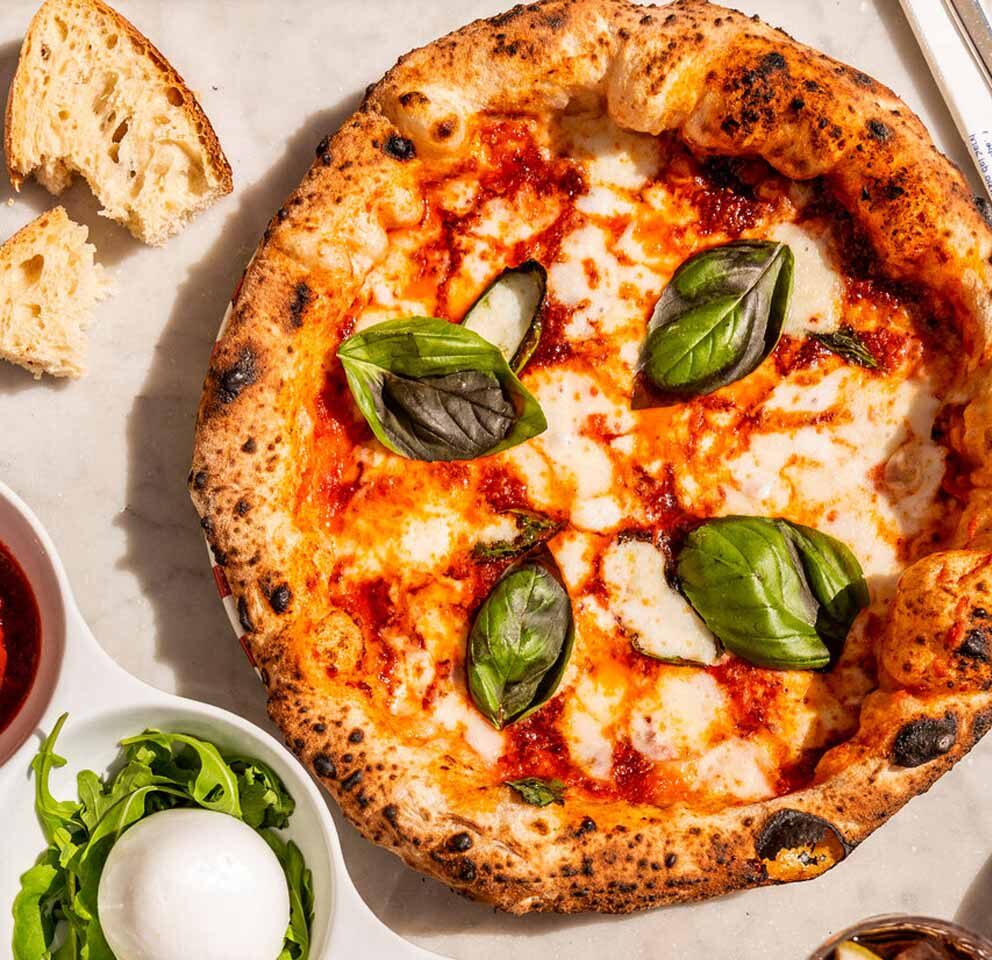
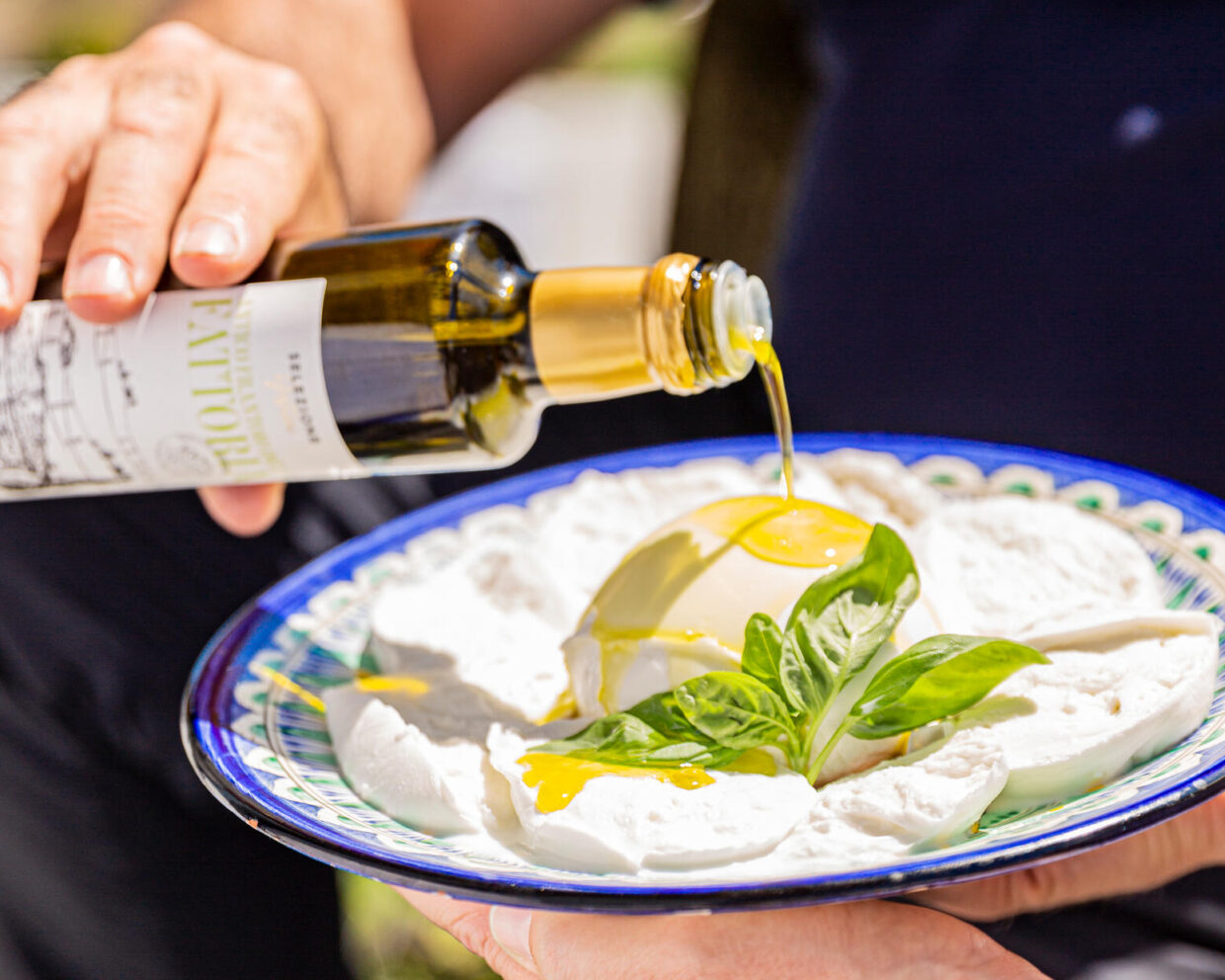
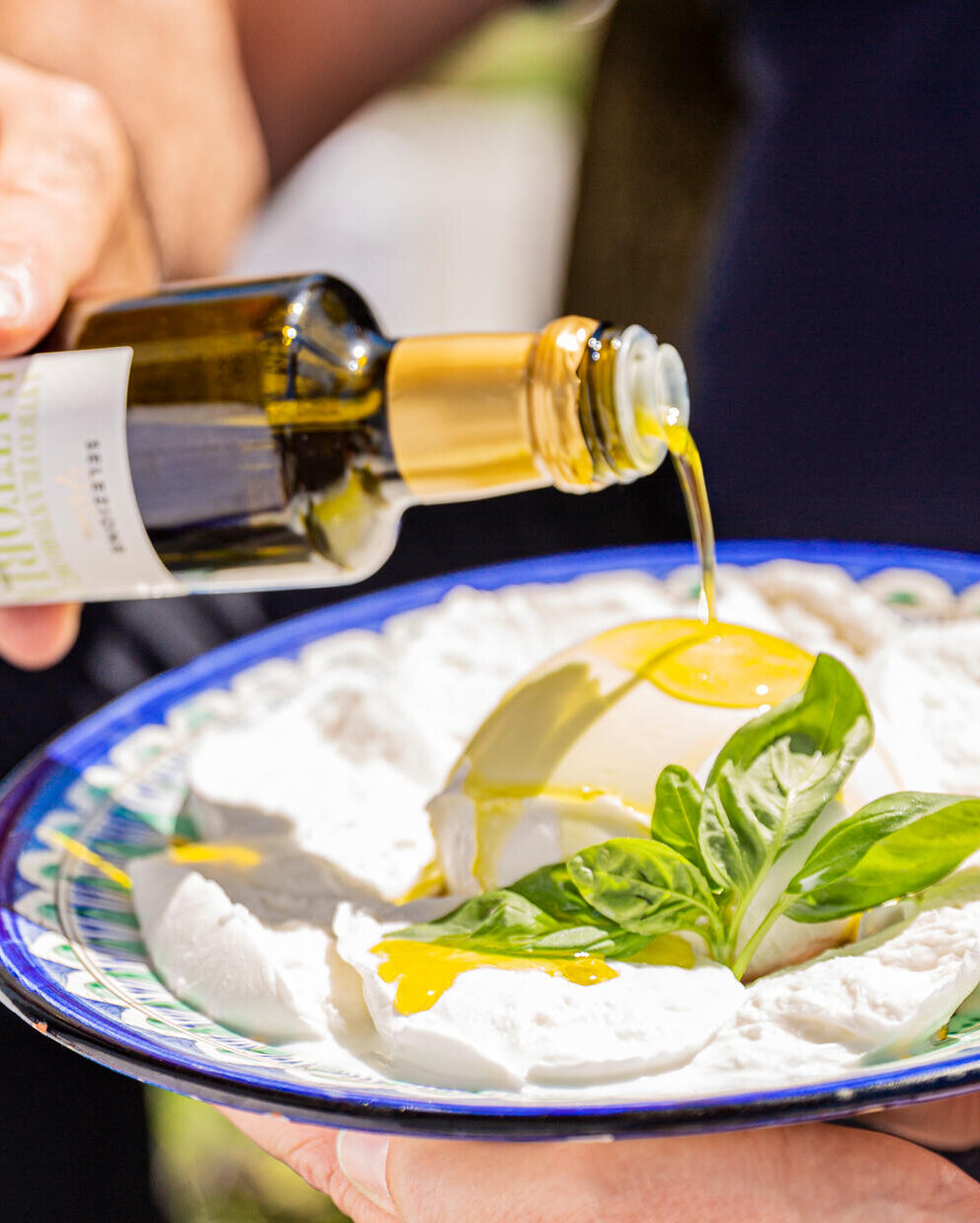


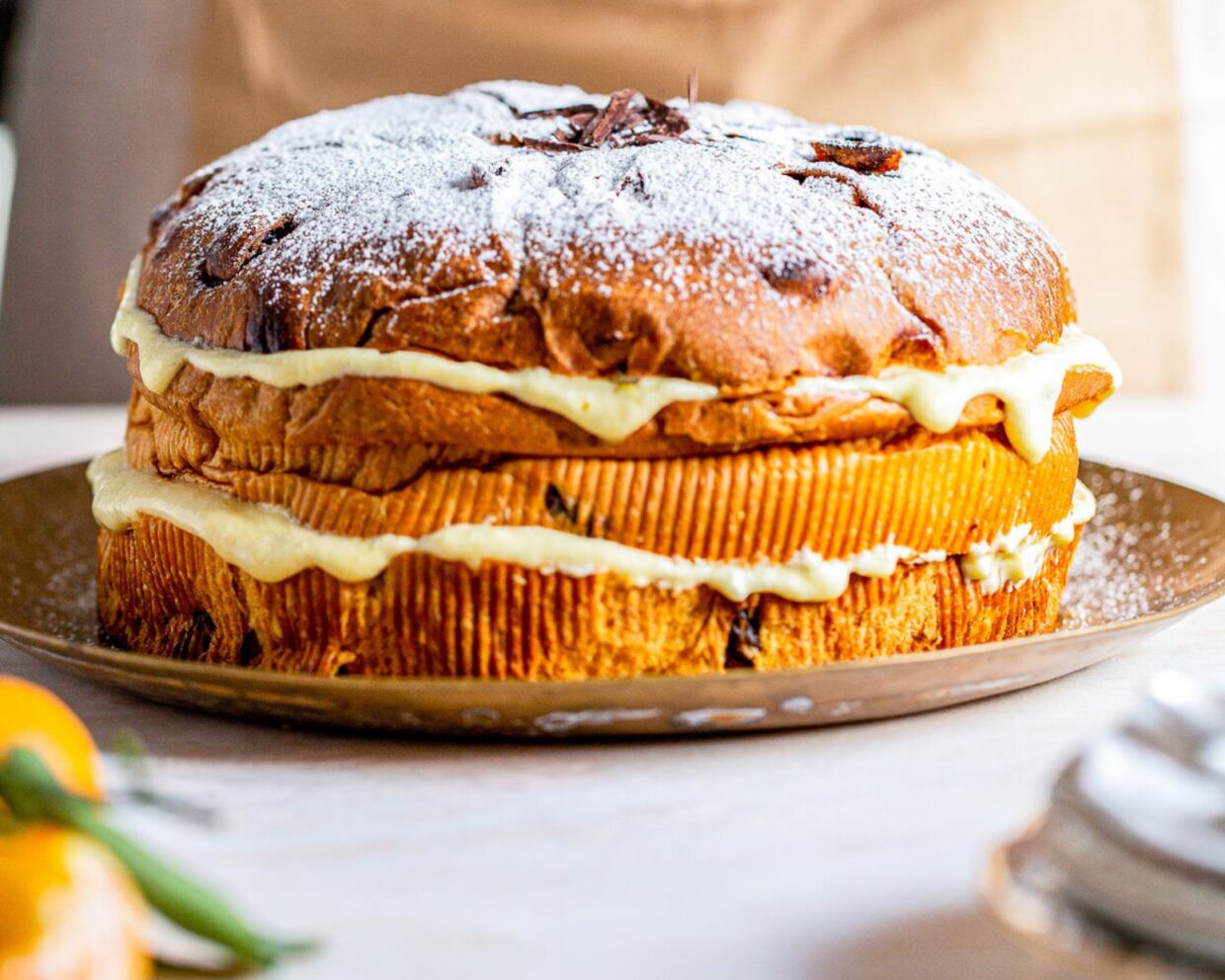
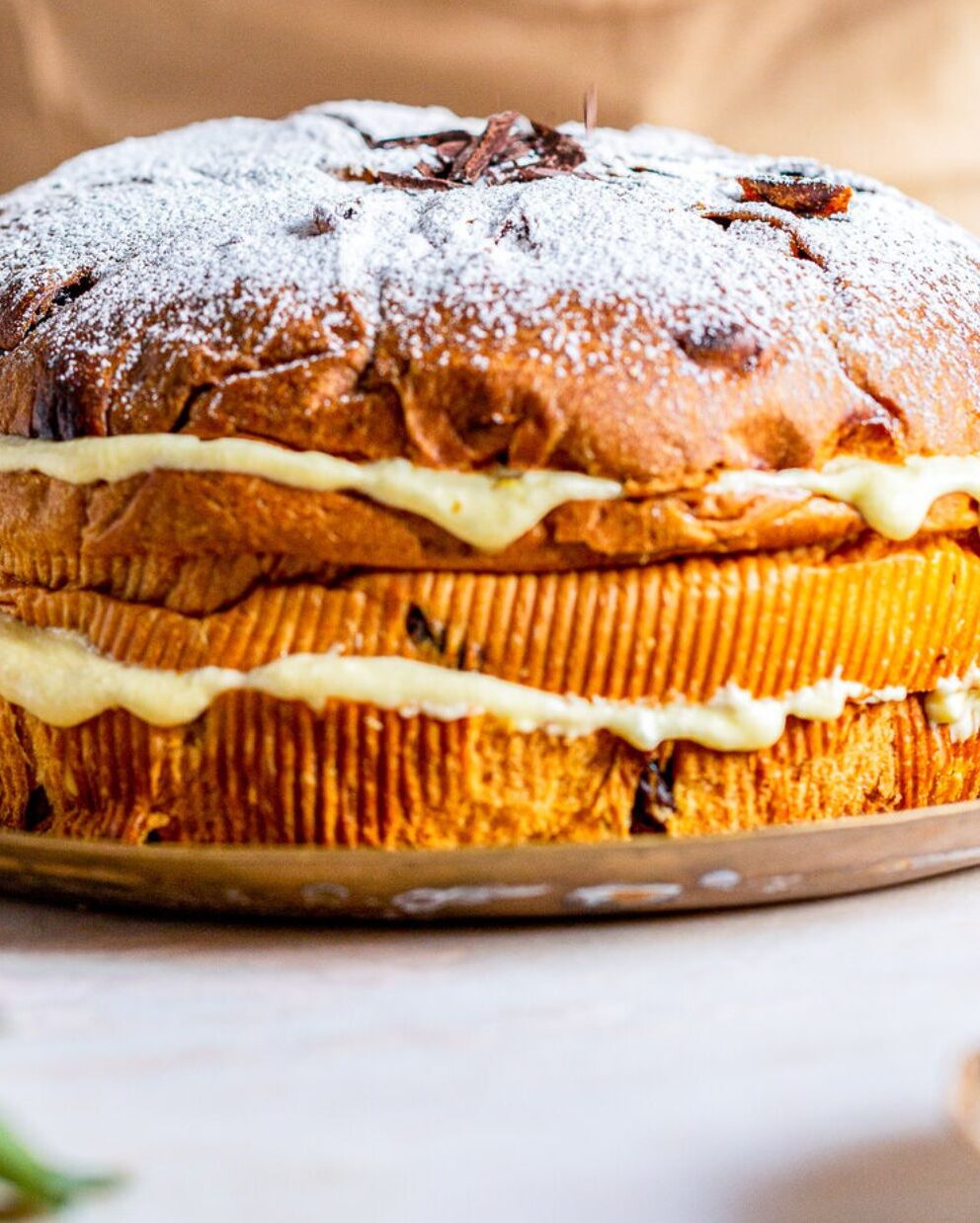
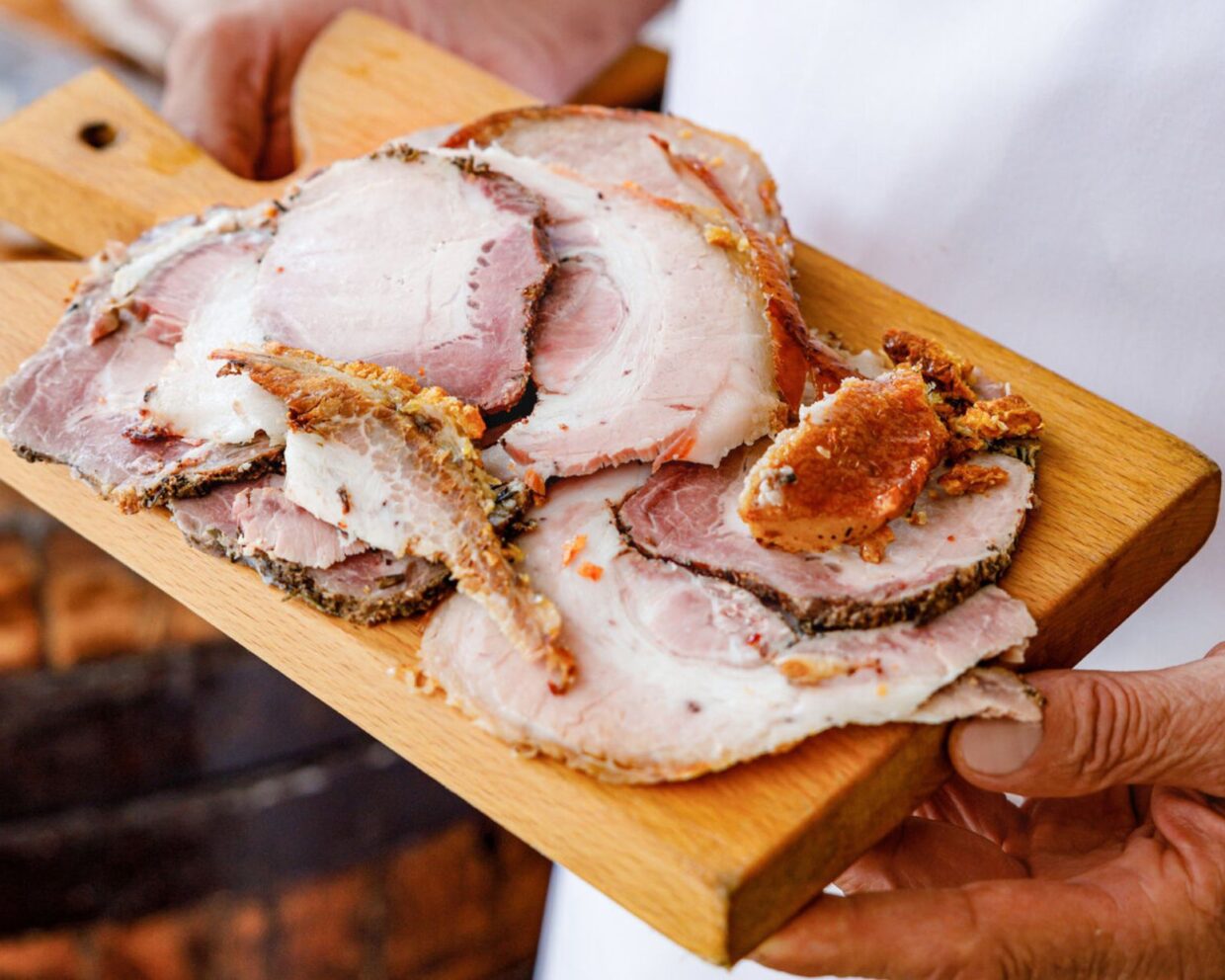
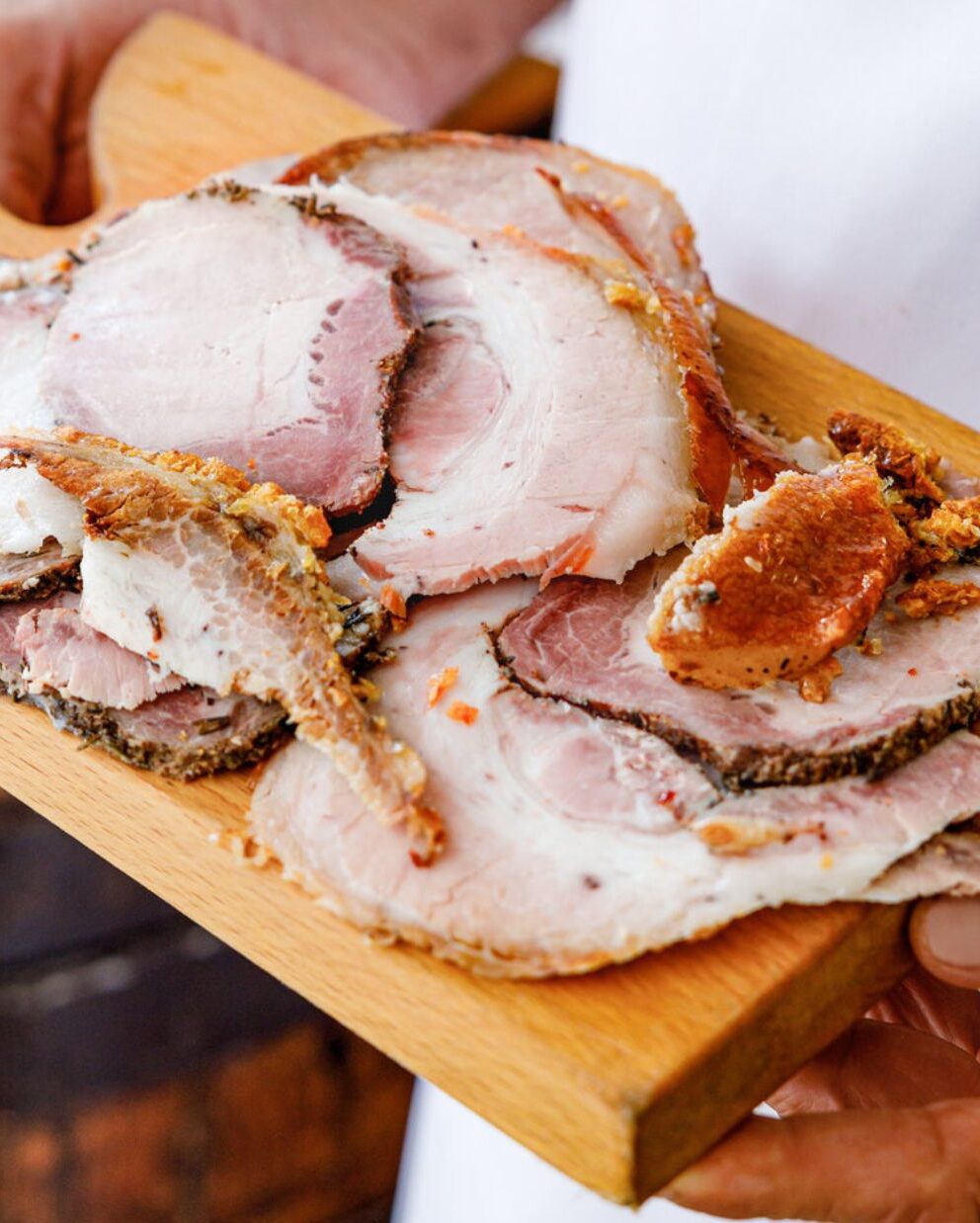


Want to share your thoughts? We're excited to hear what you think of the article. Tell us about your ideas, tips or questions! Leave a comment and share your knowledge with the community. Your opinion counts.
Write a comment